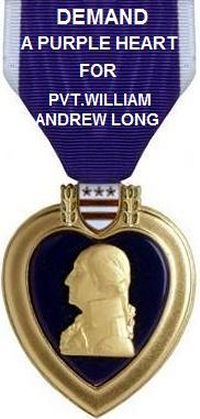Natalie Karp: Holocaust Survivor
Photo credit

More and more of the Holocaust survivors have died and are dying natural deaths. Often their stories have a sameness: lives interrupted, changed, then resumed, with survivors attempting to sequester their memories of atrocities. In spite of that sameness, however, each survivor's story is a unique one. Still, some stories are more remarkable than others.
The following uplifting story of concert pianist Natalia Karp, a Holocaust survivor who continued to perform on the piano keyboard even in her nineties, comes from the Sydney Morning Herald (emphases mine):
Saved by a moving performance of ChopinThe story of Natalia Karp's survival and determination reminds us of the power of music as healer and as unspoken message. More importantly, her story reminds us that the human spirit can remain resilient and unbroken even in the face of evil.
July 23, 2007
Natalia Karp, 1911-2007
Natalia Karp survived the Holocaust because the commandant of the Plaszow concentration camp in Poland wanted musical entertainment for his birthday.
Summoned, expecting to be shot, Natalia, then a beautiful 32-year-old, played Chopin's haunting and melancholic Nocturne in C sharp minor. Amon Goeth, the commandant, declared: "Sie soll leben." ("She shall live.")
Natalia told Goeth, chillingly depicted by Ralph Fiennes in the film Schindler's List, that her sister, Helena, should also be spared. Natalia was ordered to play for the Nazis on several occasions but her ordeal was not over.
After 10 months she was sent to Auschwitz, where she expected to die. "My sister and I clung to each other," she recalled. "Every day we thought could be our last."
Natalia was released the day after VE Day, and returned to Krakow with Helena, a ballerina. When she gave her first postwar performance of Tchaikovsky's Piano Concerto No.1, with its triumphant opening chords, her thought was "to show the Nazis that I was not beaten".
Karp, who has died at 96, was born Natalia Weissman in Krakow, the second of four children. Her father was a wealthy businessman; her mother sang opera arias at home. Karp played by ear before beginning lessons with Arthur Rubenstein's brother-in-law. In 1920 she played in Berlin, where Boris Pasternak's mother kissed her. At 15, she returned to Berlin for lessons with Artur Schnabel.
Later she developed her technique with Georg Bertram, and at 18 played Chopin's E minor concerto with the Berlin Philharmonic. But when her mother died, Natalia returned to Krakow to care for her family.
In 1933 she married Julius Hubler, a lawyer, pianist and music critic who was killed on the first day of the war. She was captured with Helena and two friends as they tried to flee the ghetto on false papers; they were to be sent to Plaszow.
After the war she met and married Josef Karpf, who was posted to the Polish embassy in London, where they claimed asylum in 1950. She dropped the "f" from her name for professional purposes.
Although she frequently played Beethoven and Schubert, Karp had a special affection for Chopin, whose music she played around Europe. Critics admired her "mellow tone and intuitively musical phrasing". In 1967 she played for Oskar Schindler.
Karp never truly retired. In 2005 she played the life-saving Chopin Nocturne for David Cohen, an interviewer. "The room is awash with notes, gentle and sad beyond words," he wrote. "In Natalia's half-shut eyes I can see that she is far away."
Natalia Karp's husband died in 1993. She is survived by her two daughters.
Rest in peace, Natalia. You have earned your rest.
Labels: Holocaust, Music, Obituaries


















<< Home